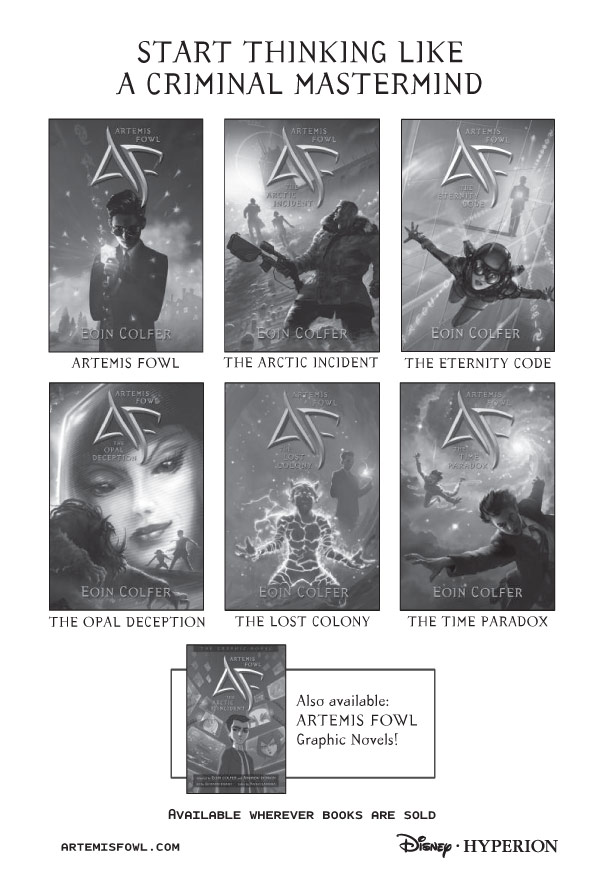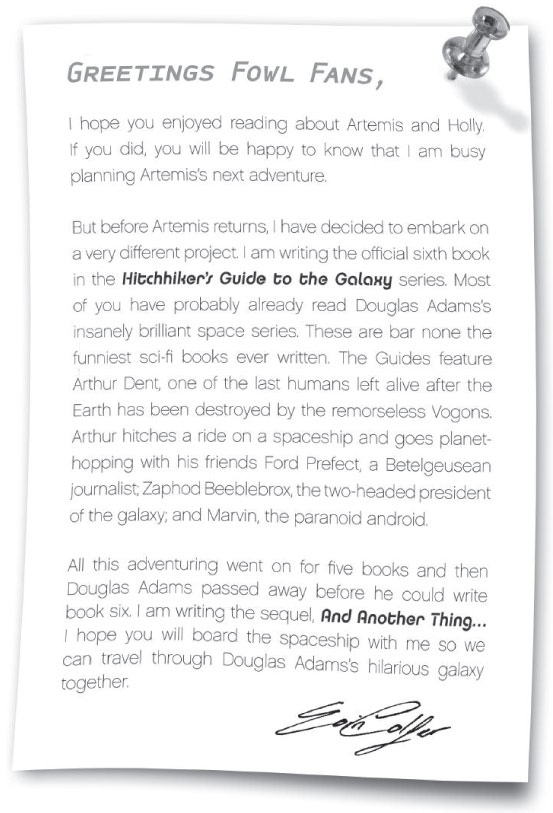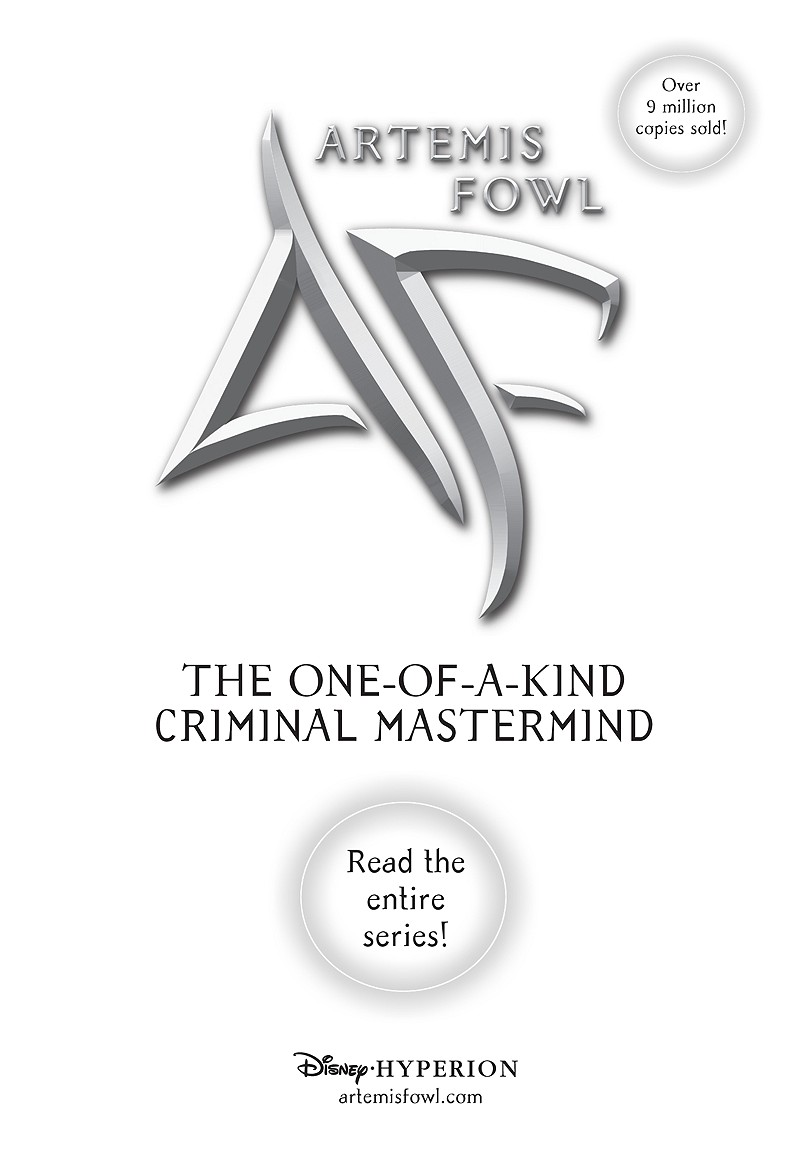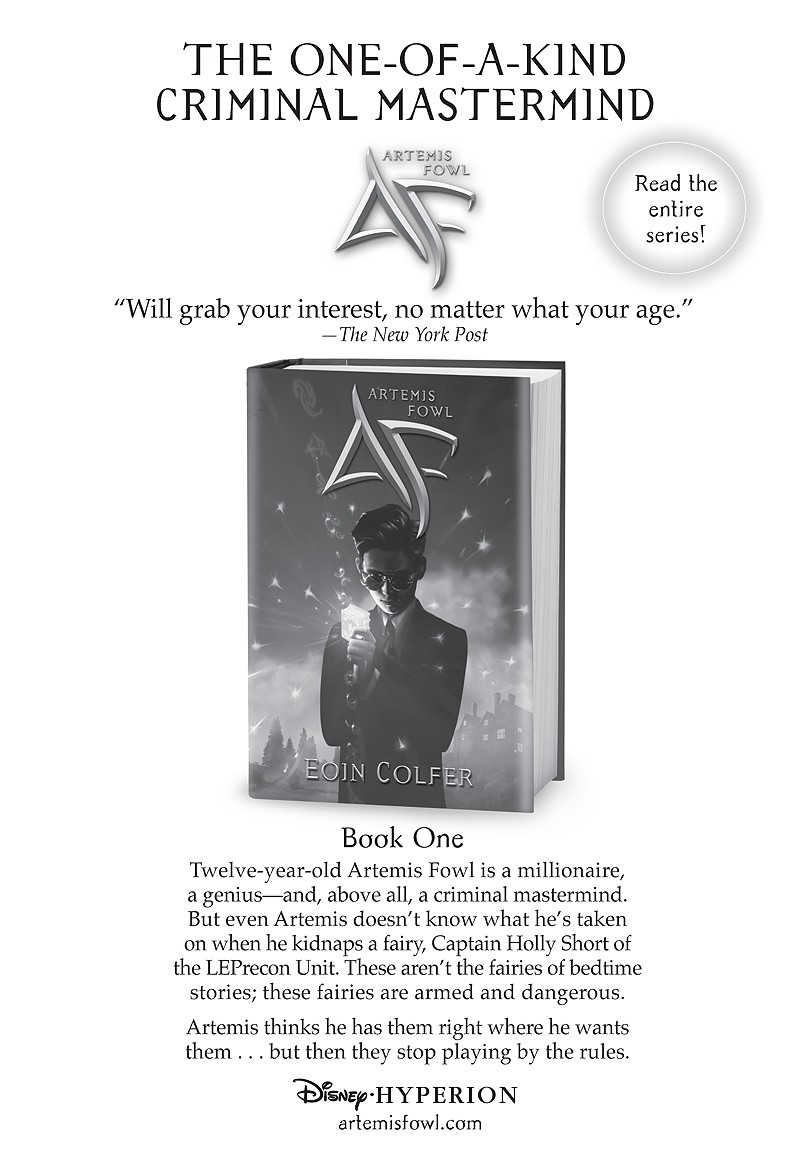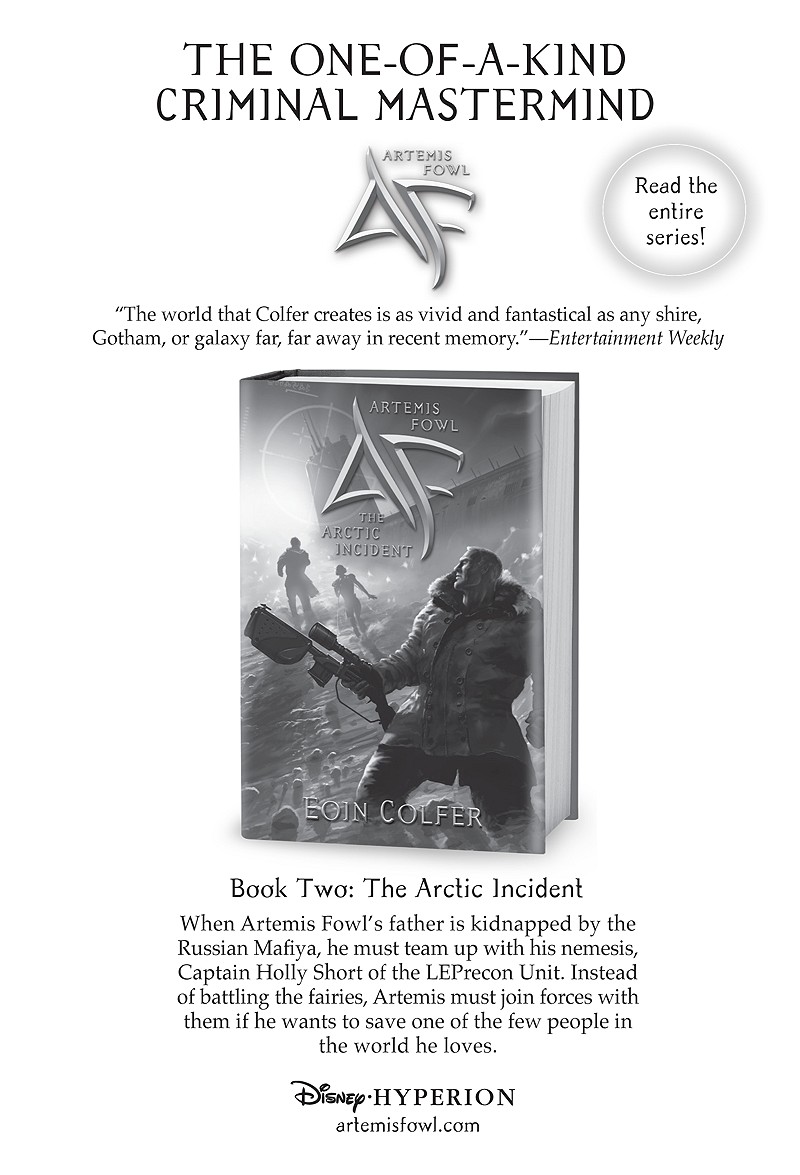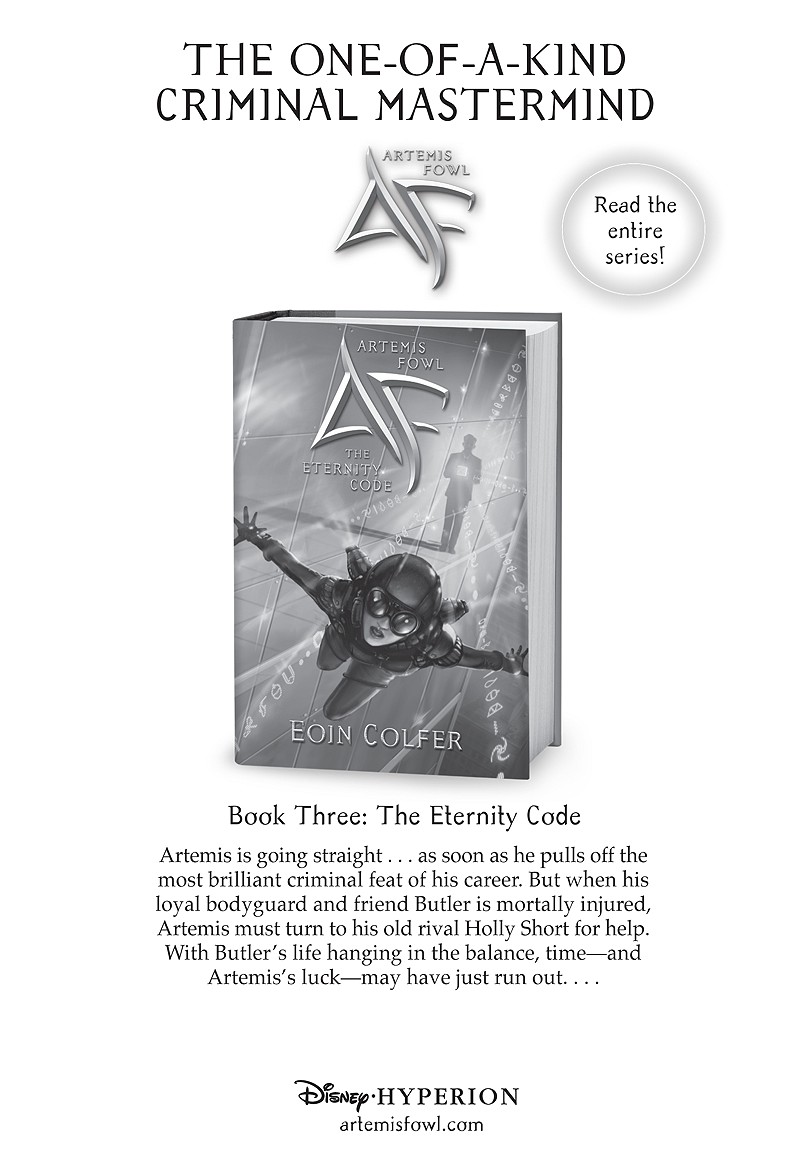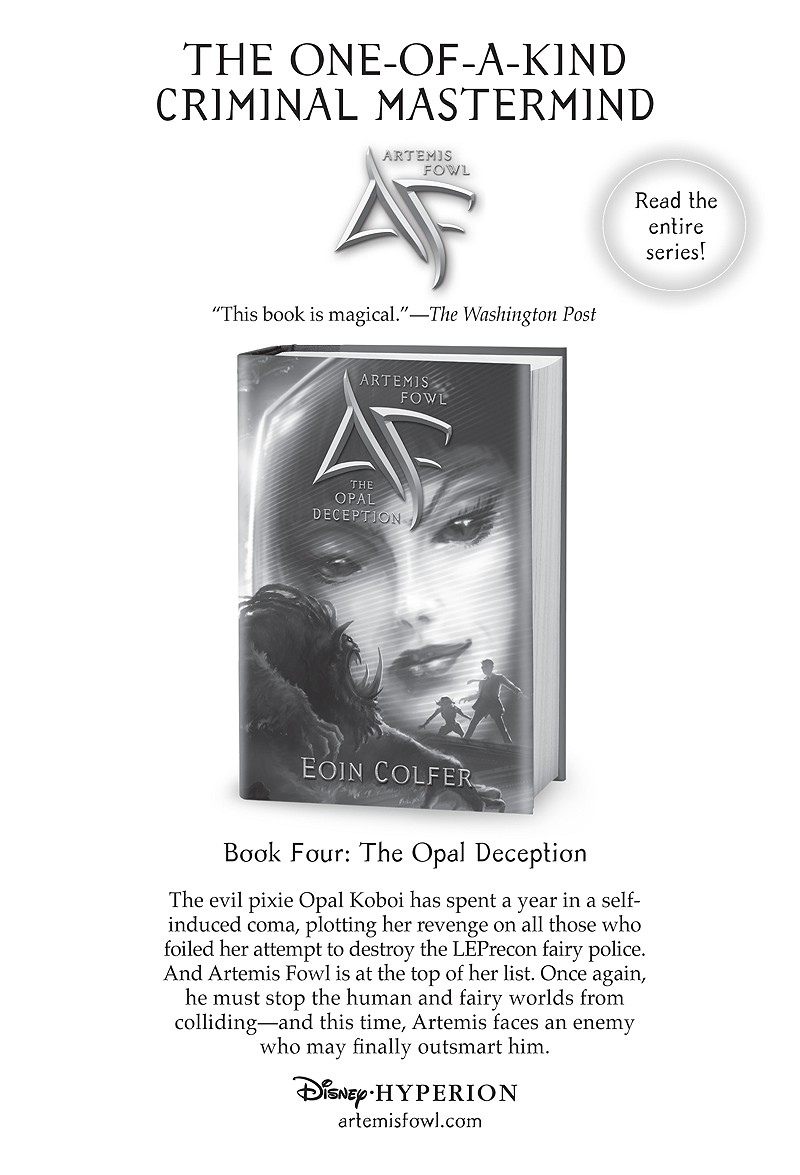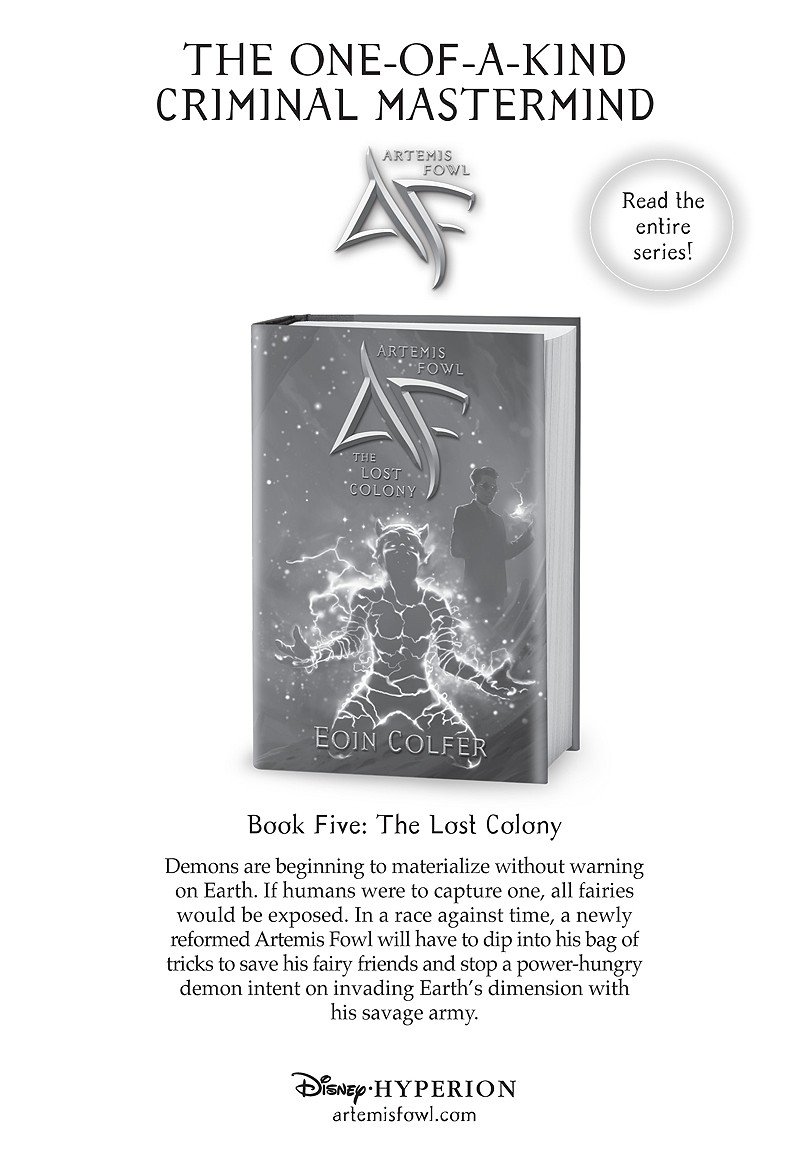The Time Paradox (31 page)
Isabella was not in the least hysterical; instead an eerie calm had descended over her, and she stood on the parapet, eyes glazed as though she were half asleep and uncertain of the reality of the situation.
The only way down is to fly, thought Conor. It had long been his dream to fly once more, but these were not the perfect conditions.
He had almost flown on his fifth birthday when the Broekharts had gone on a day trip to Hook Head in Ireland to see the famous lighthouse. Conor’s present had been a large kite in the Saltee colors. They had set it loose on the windswept seaside pasture, and a sudden gust had lifted Conor to the tips of his toes and would have dragged him out to sea had his father not grabbed his elbow.
Kite. Saltee colors. The flag.
On the parapet, Conor pounced on the flagpole, pulling at the knots holding the bamboo frame. The knots twisted in his hands, pulled by the wind that flapped the flag in its frame.
“Help me, Isabella,” he cried. “We must untie the flag.”
“Forget the flag, Captain Crow,” said Isabella dully. “Leave the goat, too. I don’t like goats. Sneaky little beards.”
Conor struggled on with the knots. The ropes were thicker than his slim fingers, but they were brittle from the heat and fell apart quickly. With one momentous wrench, he pulled the flapping flag out of the wind, wrestling it to the parapet. It bucked and cracked under him like a magic carpet, but Conor kept it secure with his own body.
He could barely see Isabella now. She was like a ghost in the smoke. He tried to call her, but smoke went down his throat faster than words could come up. He retched and
arrk
ed like a seal, flapping his arms at the princess. She ignored him, deciding instead to lie down on the parapet and wait for her father.
Conor fumbled with his belt buckle, pulling the leather strip out from the loops of his trousers. Then he rolled onto his back and passed the belt behind the flag’s bamboo diagonals.
This is an insane plan. You are not a pirate on some fantastic adventure.
This wasn’t a plan, there was no time for plans. This was a desperate act. In the melee of smoke, explosions, and jets of flame, Conor struggled to his feet, keeping the flag’s tip low, hiding it from the wind.
Not yet. Not yet.
He almost stumbled over Isabella. She seemed to be asleep. There was no reaction when his fingers pulled at her face.
Dead. Is she dead?
The nine-year-old boy felt tears flow over his cheeks, and was ashamed. He needed to be strong for the princess. Be a hero like his papa.
What would Captain Declan Broekhart do?
Conor imagined his father’s face in front of him.
Try something, Conor. Use that big brain your mother is always talking about. Build your flying machine.
Not a machine, Papa. There is no mechanism. This is a kite.
Flame was climbing the parapet wall, blackening the stone with its fiery licks. Crossbeams, carpets, files, and furniture tumbled into the hungry fire, feeding it. Conor lifted the princess, dragging his friend upright.
“What?” she said grumpily. Then the smoke filled her windpipe, and any words dissolved into a coughing fit.
Conor stood straight, feeling the massive flag flap and crackle in the wind. “It’s like a big kite, Isabella,” he rasped, words like glass in his throat. “I will hold you around the waist, like this, and then we move to . . .”
Conor never finished his instructions because a further explosion, funneled by the tower, caused a massive updraft, plucking the two children from the parapet and sending the flag spinning into open air like a giant autumn leaf.
The circumstances were unique. Had they jumped, as was Conor’s plan, they would have not had enough height for the flag to slow their descent. But the updraft caught their makeshift kite and spun them up another hundred feet, taking them out over the sea. They hung there, in the sky at the plateau of the air tunnel. Weightless. Sky above and sea below.
I am flying, thought Conor Broekhart. I remember this.
Then the flying finished and the falling started, and though it was drastically slowed by the flag, it seemed devilishly swift. Sights dissolved into a kaleidoscope of fractured blues and silvers. The flag caught a low breeze and flipped. Conor watched the clouds swirl above him, stretching to creamy streams. And all the time he held on to Isabella so tightly his fingers ached. He was crying and laughing, and he knew it would be painful when they hit the water.
They crashed into the ocean. It was painful.
When he saw his daughter on the parapet, King Nicholas had tried to scramble up the tower like a dog climbing out of a well. In seconds his nails were torn and bloody.
Victor Vigny had dragged him away from the wall. “Wait, Nick. This is not over yet. Wait. The boy . . . he’s . . .”
Nicholas’s eyes were wild and anguished. “What? He’s what?”
“You have to see it. Come now. We need a boat, in case the wind takes them.”
“A boat? A boat? What are you saying?”
“Come, Nick. Come.”
Nicholas howled and dropped to his knees as his daughter flew into the air.
Victor watched, amazed. This boy. He was special, whoever he was. Maybe nine, no more than ten. What ingenuity. The explosion took them high; Victor watched their trajectory and then set off for the pier at a run, dragging the king behind him. “The flag could drown them,” he puffed. “The frame will collapse, and the flag will wrap around them both.”
The king had recovered himself and soon outstripped the others through a trader’s gate and down to the jetty. There were already a half dozen boats on their way to the fallen flag. The first to reach them was a small quay punt, sculled across the wave tops by two muscled fishermen. A line of slower vessels trailed behind them to the pier.
“Alive?” Nicholas roared, but the distance was too great. “Are they alive?”
The flag was pulled from the sea, and wet bundles rolled from it. Victor caught the king and gripped his shoulder tight. The little punt spun in a tight circle, and the fishermen pulled for shore, their oars kicking spume from the water. The news traveled faster than they could, passed from one boat to the next. The words, inaudible at first, became clearer with each fresh call. “Alive. Alive. Both of them.”
Nicholas sank to his knees and thanked God. Victor smiled first, and then began to clap with delight.
“I came to teach the princess,” he shouted to no one in particular. “But I will teach that boy, too—or perhaps he will teach me.”
